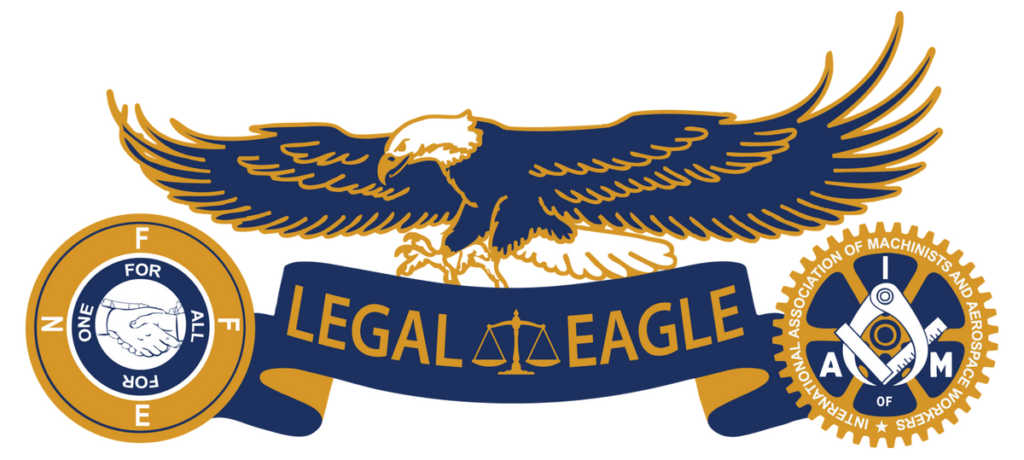
Get the bulletin board-ready story, here.

Wheeler v. Georgetown University Hospital, 812 F.3d 1109 (D.C. Cir. 2016).
Summary: The U.S. District Court granted summary judgment dismissing the employee’s claim that her termination was a result of racial discrimination. The U.S. Court of Appeals for the D.C. Circuit reversed the lower court finding that the employee had made sufficient evidentiary showings that she was treated differently than other employees who had committed similar infractions.
Comment: This is a good case to read to show how to rebut an employer’s evidence that termination was for a lawful reason. Specifically, it is a road map to developing evidence of similarly situated employees and showing disparate treatment in support of a Title VII discrimination claim.
Summary: The Union won an arbitration where an employee was not properly paid per diem and mileage expenses for training the employee was required to attend. The Arbitrator ordered the Agency to reimburse the employee for out of pocket costs. However, the Arbitrator denied the Union’s request for attorney fees under the Back Pay Act. The FLRA ruled that the Back Pay Act did not apply because travel and per diem are not “pay, allowances, or differentials.”
Comment: This case is consistent with recent FLRA cases narrowing the scope of the Back Pay Act. But, this case is noteworthy for Member Dubester’s concurrence describing the uncertainty of the Authority’s case law on this issue and essentially inviting a party to ask the FLRA to overturn the precedent.
NFFE Local 2023 and U.S. Forest Service, (Butler, 2015).
Summary: NFFE Local 2023 challenged a termination based on authorizing use of a government vehicle for unauthorized use and careless work performance. The employee had provided access to a government vehicle to an individual who eventually was indicted for impersonating a police officer. The employee was also indicted. The employee, who had an excellent work record, testified in his defense at the criminal trial and was acquitted on all charges. Nonetheless, the Agency terminated him. The Union did not dispute the charge of careless work performance but rather argued that his acquittal in the criminal trial showed that the employee did not intend to allow unauthorized use. The Arbitrator agreed and reinstated the employee with a suspension. This case shows the importance of whether misconduct is intentional or unintentional.
